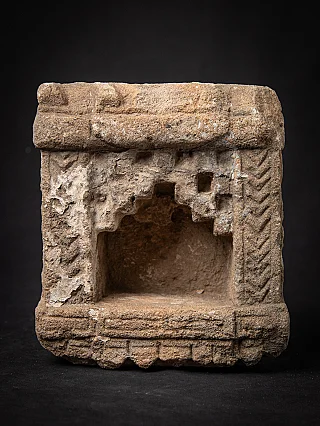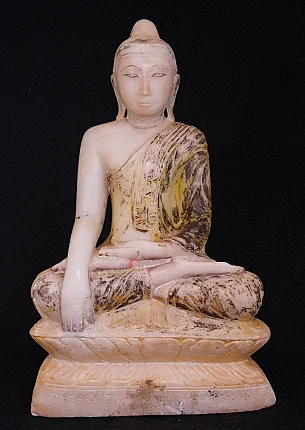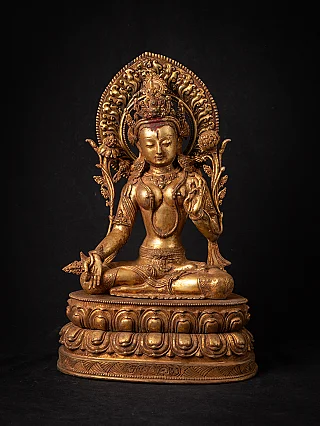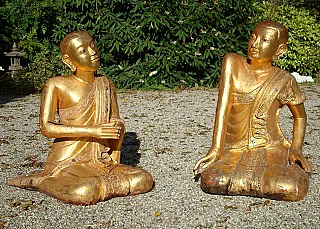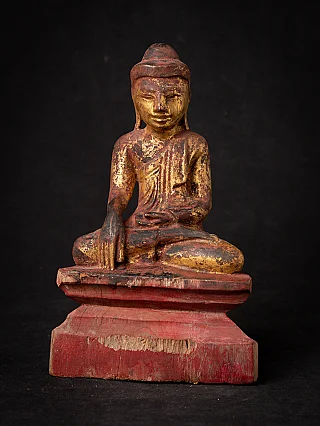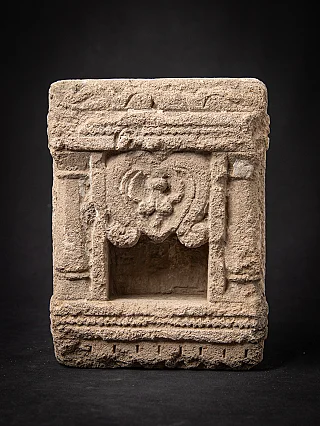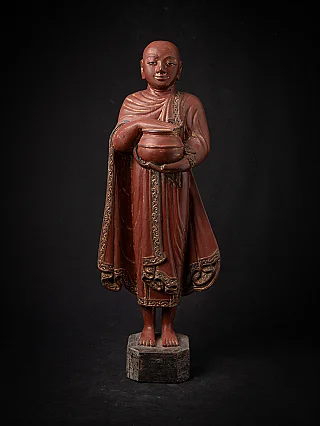Boddhisattva
Author : Peter Vredeveld

In Buddhism, Bodhisattva refers to Enlightened beings or someone who is one the path of Awakening. The term Bodhisattva is comprised of two words “bodhi” as spiritual awakening and “Sattva” as being or essence.
Discover the peace from Buddha statue
In Buddhism, Bodhisattva refers to Enlightened beings or someone on the path of Awakening. Bodhisattva comprises two words: "bodhi," which means spiritual Awakening, and "Sattva," which means being or essence. According to Buddhist tradition, there are three principal meanings of "Bodhisattva" which are discussed below:
- In early Buddhism, Bodhisattva means the previous lives of Buddha or Buddha himself.
- Becoming Bodhisattva is the highest goal in Mahayana Buddhism. Bodhisattva refers to the beings who are committed to the attainment of Enlightenment.
- In Mahayana Buddhism, Bodhisattva also refers to mythical beings like Avalokiteshvara and Manjushree, who are icons of devotion.
Bodhisattva in Mahayana Buddhism
Mahayana Buddhism is practically based on the path of Bodhisattva. Mahayana Buddhists mainly focus on liberation, liberating other sentient beings from suffering rather than freeing themselves. TheAashasrik Prajñpramit Stra in Mahayana Buddhism contains a simple and brief definition of Bodhisattva as the following.
"Because he has enlightenment as his aim, a bodhisattva-mahsattva is so called ."
Mahayana Buddhism encourages everyone to attain Enlightenment, become Bodhisattva, and take Bodhisattva vows. Mahayana Buddhism emphasizes Buddha's original statement, "Go forth for the welfare of the many." Mahayanists considered wisdom and compassion inseparable. Mahayanists believe the Bodhisattva path is to take many lifetimes.
Bodhisattva in Theravada Buddhism

In Theravada Buddhism, the term "Bodhisattva" refers to someone on the path of liberation. It is also believed that Lord Buddha used this term to refer to himself before and after he attained "Enlightenment." Therefore, Bodhisattva implies a person who aims to attain Enlightenment. The Theravada also holds Bodhisattva at the highest position. Kings in ancient Sri Lanka are referred to as the "Bodhisattva." The first king, described as Bodhisattva, was Sirisanghabodhi, renowned for his compassion for other sentient beings.
There is a significant difference between Mahayana and Theravada Buddhism's definition of Bodhisattva. Theravada holds the Bodhisattva to be the highest and noblest ideal. In contrast, Mahayanists dedicated the definition of Bodhisattva to the ideals and compassion of beings who suffer to liberate other sentient beings.
Famous Bodhisattva in the history of Buddhism
- Avalokitesvara
One of Buddhism's most popular and revered Bodhisattva is Avalokitesvara, which is believed to possess the most significant number of forms. Avalokitesvara is worshipped and respected in the form of a woman, mainly in China and Japan. Avalokitesvara is known for developing Mahayana Buddhism in eastern Asia, especially India, Nepal, China, Japan, Korea, and so on.
- The Taras
Around the 6th Century, the goddess Tara was considered the Shakti of Avalokitesvara and sometimes called the wife of Avalokitesvara. Goddess Tara is accepted in Mahayana Buddhism but not in Theravada Buddhism.
Tara is the Buddhist savior goddess in Tibet, Nepal, and Mongolia. She is considered the most important deity in Tibet and is known as "Sgrol-ma." According to the legends, before Buddhism adopted Tara, she was worshipped as the manifestation of the Hindu goddess Parvati, and it is believed that she entered Buddhism around the 6th Century. She is given the title of Bodhisattva (Tarani Bosatsu) in Japan.
There are many widely known forms of Tara in Buddhism. They are:
- Green Tara
- White Tara
- Red Tara
- Black Tara
- Khadiravani Tara
- Chittamani Tara
- Manjusri
Manjusri is a Bodhisattva associated with wisdom in Mahayana Buddhism. The Sanskrit name of Manjusri is "Manjusrikumarabhuta," and it is translated as "Gentle Glory," "Soft Glory," and "Wondrous Auspiciousness."
Lord Buddha himself praised Manjusri in Manjusri-parinirvana-sutra. Manjusri was represented in India, Tibet, Nepal, China, Indonesia, and Japan. According to the tradition of Mahayana Buddhism, Manjusri was identified as the oldest and most significant Bodhisattva in Mahayana Literature.
A mantra or chanting associated with Manjusri is "om arapacana dhih."
Share this page
























